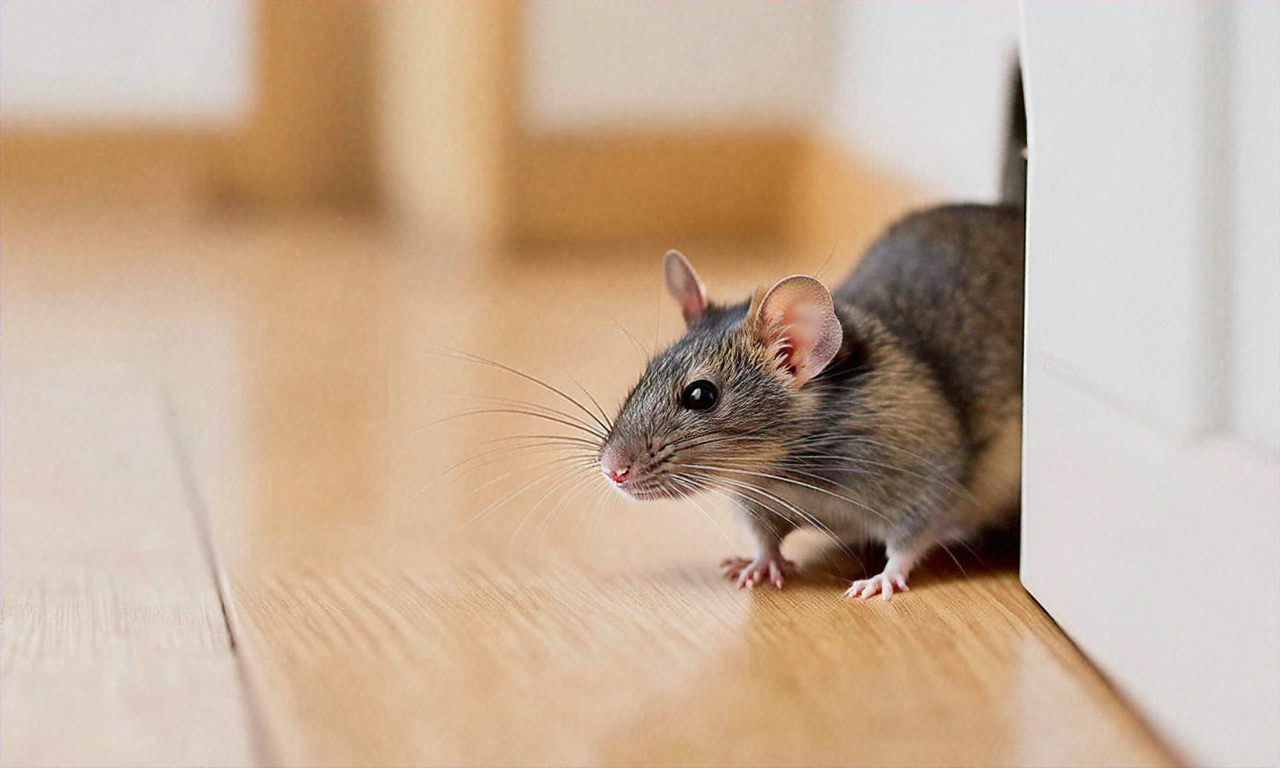Home Pest Control
Unwanted pests like insects and rodents can quickly turn a comfortable home into a source of frustration and health risks. Home pest control is not just about eliminating bugs — it’s about protecting your living space, your family’s health, and your peace of mind. In this article, we’ll explore practical, effective methods for preventing and managing common household pests, helping you maintain a clean, safe, and pest-free environment.

What are natural ways to get rid of pests in your home?
Natural pest control methods are becoming increasingly popular due to their eco-friendly nature and safety for households with children and pets. One effective natural method is using essential oils like peppermint, tea tree, or eucalyptus, which repel many common insects. Dilute these oils with water and spray around entry points and problem areas. Another natural solution is diatomaceous earth, a fine powder that dehydrates and kills insects with exoskeletons. Sprinkle it in areas where pests are commonly found, such as along baseboards or in cracks and crevices.
Vinegar is another versatile natural pest deterrent. A solution of equal parts water and white vinegar can be used to clean surfaces and repel ants and other insects. For flying insects, consider setting up sticky traps made from honey or syrup spread on yellow paper. These natural methods can be highly effective when used consistently and in combination with good hygiene practices.
What are the best pest control methods for a safe household?
The best pest control methods for a safe household often combine preventive measures with targeted treatments. Start by sealing entry points like cracks in walls, gaps around pipes, and damaged window screens. This physical barrier is your first line of defense against pests. Regular cleaning and decluttering are also crucial, as they eliminate food sources and hiding spots for pests.
For specific pest problems, consider using boric acid powder for cockroaches and ants, or set up pheromone traps for moths. These methods are generally safe when used as directed. If you’re dealing with rodents, snap traps or live traps are safer alternatives to poison baits, which can be harmful to pets and children. Remember, the key to safe pest control is understanding the specific pest you’re dealing with and choosing methods that target them effectively while minimizing risks to your household.
When should you call a professional exterminator?
While many pest problems can be managed with DIY methods, there are situations where professional help is necessary. If you’re dealing with a large-scale infestation that’s spreading rapidly, it’s time to call an exterminator. Signs of extensive infestations include seeing pests during the day (as many are nocturnal), noticing droppings or nests in multiple areas of your home, or hearing noises in walls or attics.
Professional help is also crucial for pests that pose significant health risks or can cause structural damage, such as termites, bed bugs, or certain types of rodents. If you’ve tried multiple DIY methods without success, or if you’re dealing with a pest that requires specialized treatment (like wood-boring insects), a professional exterminator will have the expertise and tools to address the problem effectively. Additionally, if you’re unsure about the type of pest you’re dealing with, an expert can properly identify the species and recommend the most appropriate treatment plan.
What are some tips to prevent pests from entering your home?
Prevention is the most effective form of pest control. Start by maintaining a clean home environment. Regularly clean up crumbs, wipe down surfaces, and store food in airtight containers. Pay special attention to areas like kitchens and bathrooms, where moisture and food sources are common. Proper waste management is also crucial – ensure outdoor trash cans have tight-fitting lids and are kept away from the house.
In Worldwide, where climate conditions can vary greatly, it’s important to adapt your prevention strategies to local pest pressures. For example, in humid regions, focus on reducing moisture in and around your home to deter pests that thrive in damp environments. In drier areas, be vigilant about sealing entry points, as pests may be more likely to seek shelter indoors. Regular inspections of your home’s exterior can help you spot and address potential entry points before they become problems.
What are effective home remedies for common household pests?
Home remedies can be surprisingly effective for managing common household pests. For ants, a mixture of equal parts borax and sugar can be an effective bait. The sugar attracts the ants, while the borax eliminates them. For fruit flies, create a trap by filling a jar with apple cider vinegar and a drop of dish soap, then covering it with plastic wrap pierced with small holes. The flies are attracted to the vinegar but can’t escape once they enter.
To repel mosquitoes naturally, plant citronella, marigolds, or lavender around your outdoor living areas. These plants naturally deter mosquitoes and other flying insects. For moths, cedar blocks or lavender sachets in closets can help protect clothing. Remember, while these home remedies can be effective, they may take longer to show results compared to chemical alternatives. Patience and consistent application are key to success with natural pest control methods.
How do professional pest control services compare to DIY methods?
Professional pest control services and DIY methods each have their place in effective home pest management. Let’s compare some aspects of both approaches:
| Aspect | Professional Services | DIY Methods |
|---|---|---|
| Effectiveness | High, especially for severe infestations | Variable, often good for minor issues |
| Cost | Higher upfront cost, potentially more economical long-term | Lower initial cost, may increase with repeated treatments |
| Safety | Trained professionals use regulated products | Depends on user knowledge and product choice |
| Time Investment | Minimal time required from homeowner | Requires time for research and application |
| Long-term Prevention | Often includes follow-up and prevention plans | Requires ongoing effort from homeowner |
Prices, rates, or cost estimates mentioned in this article are based on the latest available information but may change over time. Independent research is advised before making financial decisions.
While DIY methods can be effective for minor pest issues and ongoing prevention, professional services offer expertise, specialized equipment, and access to more potent treatments for severe or persistent problems. The choice between professional and DIY often depends on the severity of the infestation, the type of pest, and the homeowner’s comfort level with pest management techniques.
In conclusion, effective home pest control involves a combination of prevention, natural remedies, and targeted treatments. By understanding the pests you’re dealing with and employing a variety of strategies, you can maintain a safe, comfortable, and pest-free home environment. Remember that persistence is key, and don’t hesitate to seek professional help for more serious infestations.




